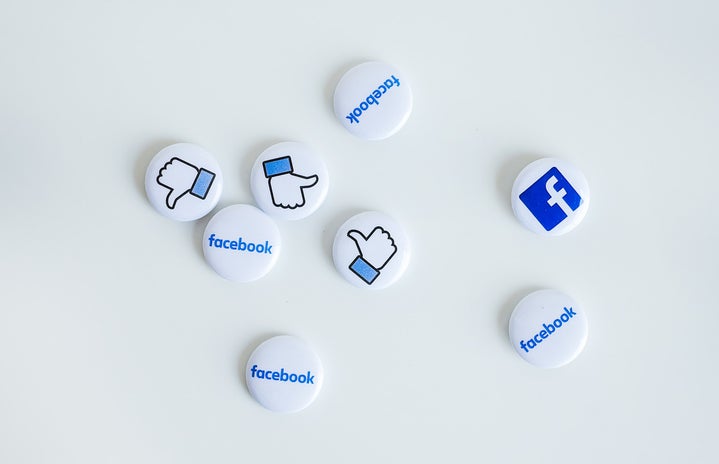It starts with a cheeky stalk of a friend of a friend. It’s fine – you kind of know them anyway and besides, it’s only a bit of fun. Then comes the pointless Instagram of your lunch that day. While you maintain that the world needed to see your smashed avocado on toast in all its glory, the warning lights are starting to go on, but you still disregard them. After all everyone does it, right? Fast forward a few weeks and you are rocking weeping the corner at 4am, as Facebook has just crashed and your Snapchat signalling your distress is refusing to load to your story. #Nightmare. And there you are – a supposedly functioning adult who cannot spend more than 5 minutes at a time unplugged from a stream of social media.
There seem to be few people of the smartphone generation that do not suffer from some level of addiction. University students are a prime example: with endless pressures, deadlines and the general tasks necessary to getting your life in order rearing their ugly heads, it is all too easy to slip into the wonderfully bland distraction that is a Facebook feed. However, an ugly consequence of this perfect procrastination technique is that it is slowly taking over our lives one selfie at a time.
A 2014 Ofcom poll showed that UK adults spend an average of eight hours and 41 minutes on media devices per day, with those aged 16-24, who are likely to do more than one thing at a time, managing to squeeze in a whopping 14 hours and 7 minutes of online activity. And while we are supposedly more connected than ever, with most people having hundreds of online friends, we somehow manage to sit in complete silence with our friends IRL plugged into our smartphones like zombies. And so, with Facebook and Twitter taking up more of our time than sleep (another core activity for the average student) it seems obvious that we should do something about it. However, considering that if you are reading this article it is likely you found it while procrastinating on your Facebook feed, this is clearly easier said than done.
One solution seems to be attempts to give up social media completely – or at least for a limited period of time. Some very strong willed friends of mine, in lieu of chocolate or carbs, have chosen to give up social media for Lent. I wanted to ask them about their experiences, but unfortunately they didn’t respond to the Facebook message I sent them. However, while I admire their efforts from afar (even if I no longer hear from them) going cold turkey, personally seems a strangely daunting prospect. There is an unnerving satisfaction in being on social media; posting pictures, receiving notifications and sharing adorable cat videos incites an odd buzz that leads to what can only be described as withdrawal cravings when it is pulled away. It is clearly these signs of addiction our generation needs to learn to kick
So what is to be done for us social media addicts? Forming a support group is out of the question – we would inevitably all start a Facebook chat and it would be back to square one in no time. A compromise seems to be just to unplug every once in a while. Leave the phone at home when you need to get something done or when socialising. Quit furiously swiping left or right and actually look around to see what you’re missing. Realise that you don’t actually HAVE to document your entire day on Snapchat. It could lead to a freer, happier lifestyle with less FOMO (Fear of Missing Out) and actually more friends. The cat videos can stay though – they only serve to enrich our lives.
Edited by Katie Randall
Image sources:
https://giphy.com/gifs/help-big-bang-theory-i-need-7zO4NaU8moOvm
https://www.tumblr.com/search/social%20addiction

